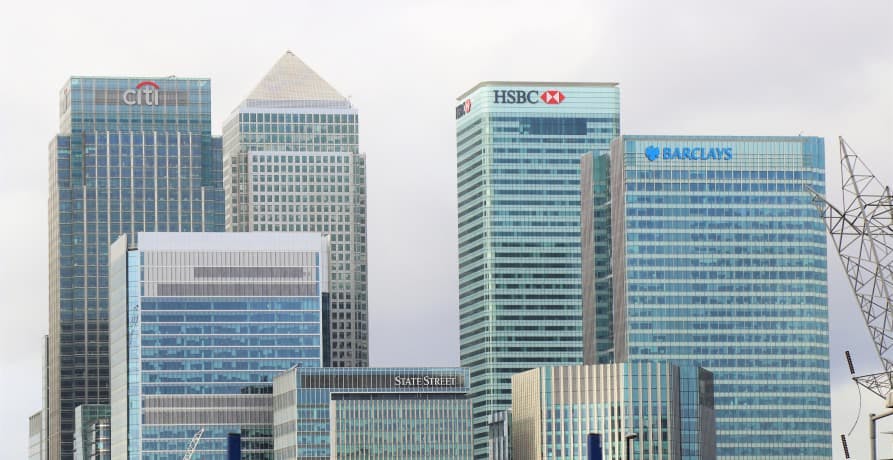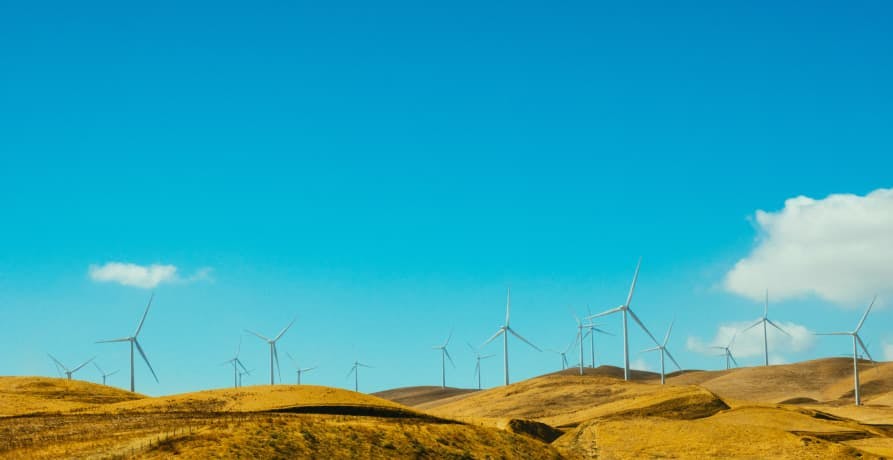
Impacts, Risks, and Opportunities (IRO) for CSRD Reporting
In this article, we’ll break down what IROs are, how to identify and assess them, and what CSRD requires in terms of disclosure.
ESG / CSR
Industries



As the threat of climate change grows, the Net Zero Asset Owner Alliance (NZAOA) has emerged as a powerful force committed to driving global sustainable investments. This collaborative initiative, made up of leading institutional investors, is united by a shared goal: to transition their investment portfolios to net zero greenhouse gas emissions by 2050. By leveraging their considerable influence and assets, these asset owners are leading the investment market’s transition to a net-zero economy.
👉 In this article, we explore the objectives and initiatives of the Net Zero Asset Owner Alliance, and find out how it is helping in the fight against climate change.
The Net Zero Asset Owner Alliance was formed in September 2019 during the UN Secretary-General's Climate Action Summit. The alliance originally consisted of 12 founding members, including prominent institutional investors such as Allianz, Swiss Re, and the California Public Employees' Retirement System (CalPERS). Their primary goal was to mobilise private capital in support of the Paris Agreement and its goals.
👉 To find out more about the Paris Agreement, check our article on the topic.
The Net Zero Asset Owner Alliance is credited with being the first in the financial industry to set intermediate targets that are aligned with the Paris Agreement.

Members of the New Zero Asset Owner Alliance represent a significant part of the financial sector - their current combined net value is a phenomenal 11 trillion USD! The Alliance have collectively committed to transition their investment portfolios to net zero greenhouse gas emissions by 2050.
👉 The goals of the Net Zero Asset Owner Alliance align with the Paris Agreement and the ultimate aim of limiting global warming to under 1.5 degrees celsius - something that is essential if we’re going to be able to prevent the worst effects of climate change.

To achieve the goal of transitioning their investment portfolios to net zero emissions, members of the Net Zero Asset Owner Alliance have made concrete commitments and launched various initiatives.
One of their key commitments is to establish intermediate targets every five years, with a focus on gradually decarbonising their various asset classes. By setting clear milestones, the alliance aims to foster transparency and accountability in its journey towards carbon neutrality.
The alliance also emphasises engaging with investee companies to advocate for better climate-related disclosures and the integration of climate considerations into their strategies. Through active stewardship, the Net Zero Asset Owner Alliance can influence corporate behaviour and drive sustainable business practices.
Moreover, the alliance supports public policies that promote carbon pricing, the removal of fossil fuel subsidies, and other regulatory measures that support the transition to a net-zero economy. By actively engaging with policymakers, the alliance aims to promote sustainable investment practices across the financial system at both a national and global level.
Essentially, the obligations of NZAOA members can summarised as follows:
Full details on the obligations of Net Zero Asset Owner Alliance members can be found in the ‘Commitment document for participating asset owners’.
Members of the Net Zero Asset Owner Alliance have grown from a group of 12 core founders to 84 of the world’s largest institutional investors. The alliance now collectively represents over 11 trillion USD in assets, making it a formidable force within the financial sector. They are effectively engaging the rest of the investment market ecosystem (from asset managers to data and service providers) and are shaping the future of sustainable investment.
Since its establishment, the Net Zero Asset Owner Alliance has made significant progress in aligning investments with sustainability objectives. Members are setting ambitious targets that cover an increasingly greater portion of their portfolios.
Member organisations have implemented various strategies to reduce the carbon intensity of their portfolios, divest from fossil fuels, and increase investments in renewable energy and sustainable infrastructure. By leveraging their financial power, the alliance members aim to influence capital flows and redirect investments towards climate-friendly solutions.
The Net Zero Asset Owner Alliance is a great initiative and has the power to radically transform the global investment landscape when it comes to its environmental impact. But just how important is sustainable investment and how does it achieve its net zero ambitions?
Investment funds play a significant role in funding various industries and projects. By transitioning to net zero emissions, these funds can align their investments with climate goals and help reduce carbon emissions from high-emitting sectors such as energy, transportation, and agriculture.
By prioritising sustainable investments, high emitting companies (such as those within the energy sector) will be incentivised to move away from carbon intensive activities in order to attract new investment streams. Investment is a powerful motivator when it comes to decarbonisation.

Climate change represents a real and direct risk to the global economy. Both physical risks (for example, those posed by extreme weather events) and transitional risks (such as regulation changes and new technology) mean that investment funds face future potential financial losses.
By focusing on sustainable investment and by transitioning to net zero, investment funds can manage some of these climate related risks. It allows funds to identify and reduce exposure to high-carbon assets that may become stranded or lose value in the transition to a low-carbon economy.

There is growing demand from investors for sustainable and ethical investment options. Many institutional investors, including pension funds, endowments, and sovereign wealth funds, are integrating environmental, social, and governance (ESG) factors into their investment portfolios.
By transitioning to net zero emissions, investment funds can attract and retain investors who prioritise climate action and want to align their portfolios with these values. Failing to meet investor expectations on climate-related issues may lead to reputational damage and loss of clients.

Governments across the globe are introducing policies and regulations to address climate change. This includes carbon pricing mechanisms, increasingly strict emission standards, and mandatory climate disclosure requirements. By transitioning to net zero emissions, investment funds can stay ahead of regulatory changes and ensure their compliance with evolving climate-related laws.
Proactive engagement with regulators and policymakers can also help shape the regulatory landscape in a way that supports sustainable finance and encourages climate-friendly investments.

Transitioning to net zero also helps to drive long-term financial performance. As the world shifts towards a low-carbon economy, investments in renewable energy, clean technologies, and sustainable solutions are expected to outperform traditional carbon-intensive industries. By actively seeking opportunities in the green economy, investment funds can position themselves for future growth, innovation, and attractive returns.

The Net Zero Asset Owner Alliance is at the forefront of driving sustainable investments within the investment market and transitioning to a net zero economy.
Its growing list of powerful members and control over a significant portion of the investment market means that the alliance is not only able to align their investment portfolios with climate goals, but also influence corporate behaviour, push for policy change, and encourage a wider shift within the financial sector as a whole.
The Net Zero Asset Owner Alliance and its members are making a significant contribution to the fight against climate change and paving the way for a sustainable future.
At Greenly we can help you to assess your company’s carbon footprint, and then give you the tools you need to cut down on emissions. Why not request a free demo with one of our experts - no obligation or commitment required.
If reading this article has inspired you to consider your company’s own carbon footprint, Greenly can help. Learn more about Greenly’s carbon management platform here.